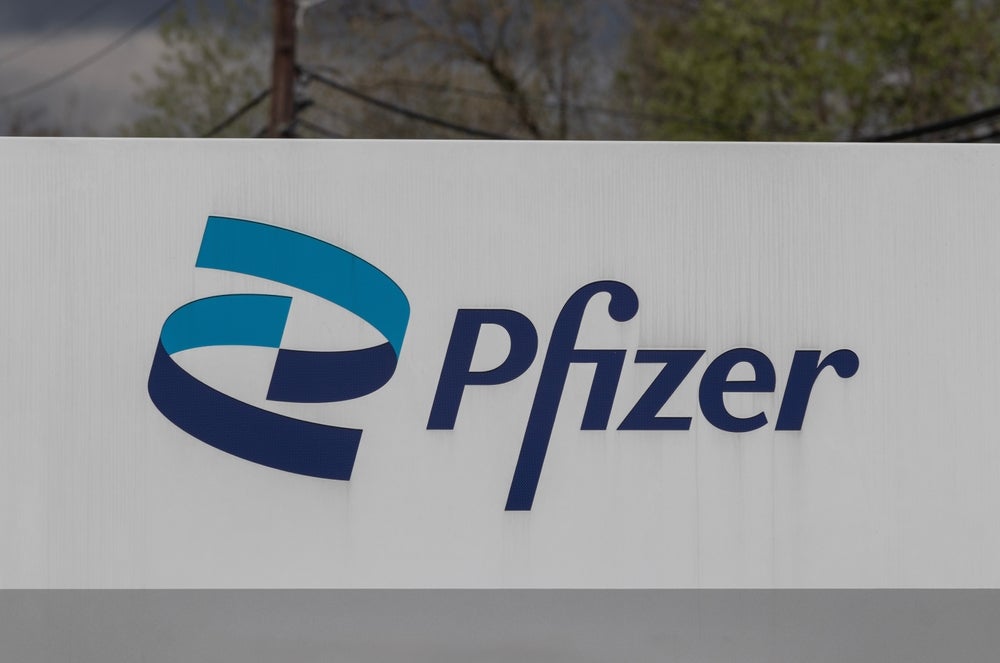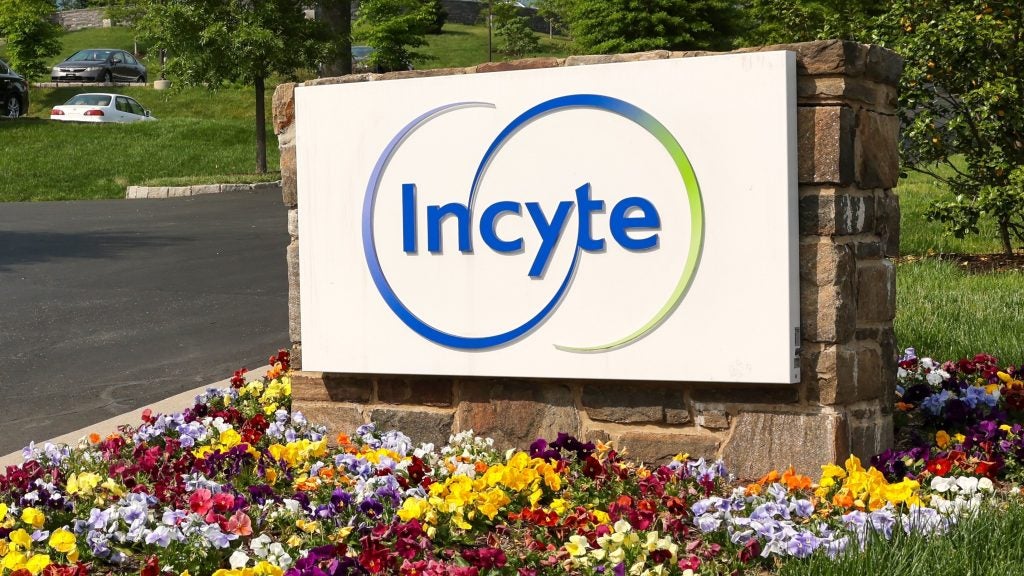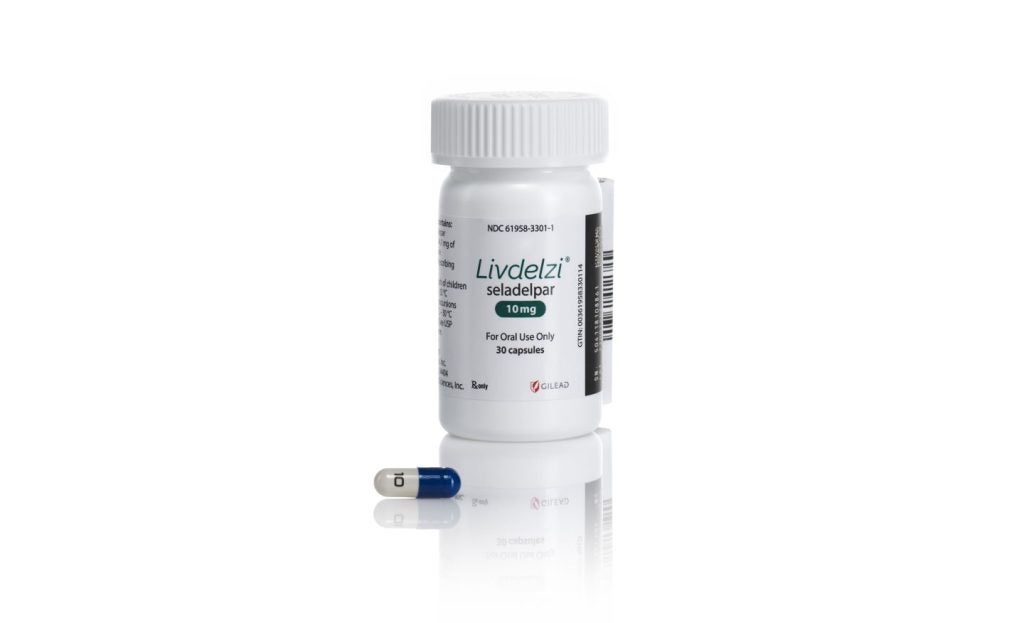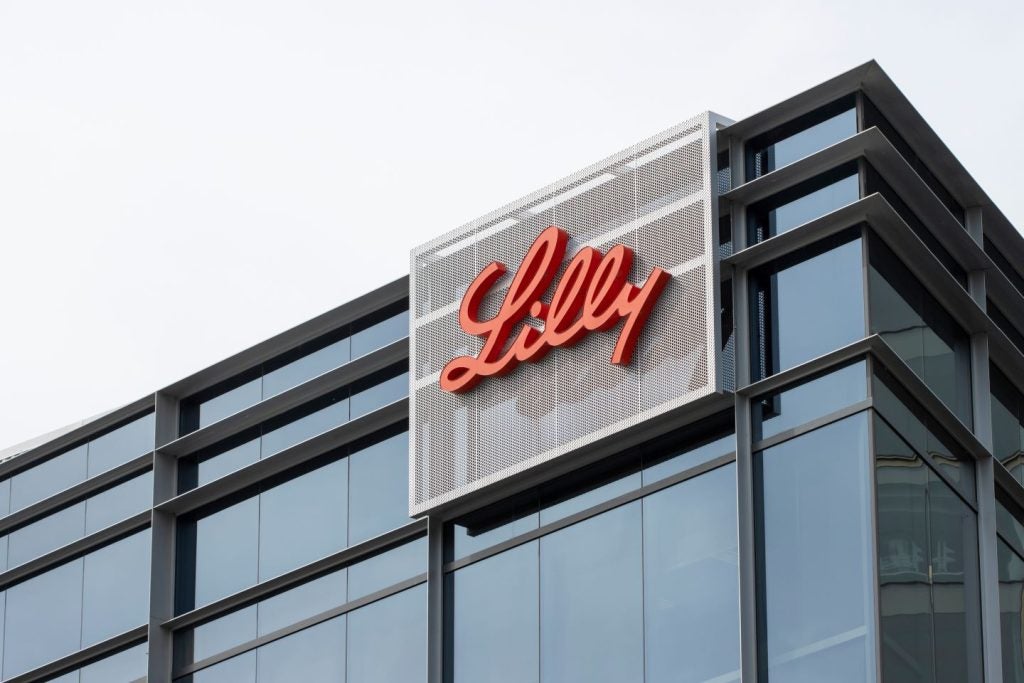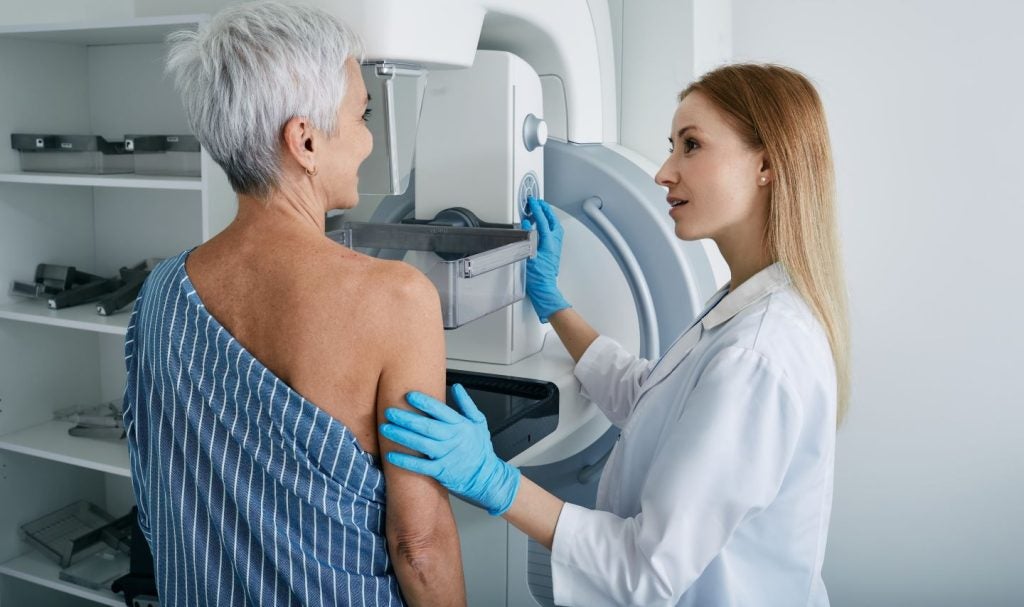AstraZeneca’s Imfinzi (durvalumab) plus chemotherapy has secured US Food and Drug Administration (FDA) approval for non-small cell lung cancer (NSCLC) in the perioperative setting, just weeks after the agency called for an overhaul of perioperative lung cancer trials.
This approval is for patients with resectable early-stage (IIA-IIIB) NSCLC and no known epidermal growth factor receptor (EGFR) mutations or anaplastic lymphoma kinase (ALK) rearrangements. In this regimen, patients are treated in the perioperative setting – a term that refers to the time before, during, and after surgery.
In a 25 July meeting, the FDA’s Oncologic Drugs Advisory Committee (ODAC) raised concerns about the design of trials done in this setting. The Imfinzi approval is based on positive data from the Phase III AEGEAN study (NCT03800134), which showed that the perioperative use of the treatment reduced the risk of cancer returning, progressing, or causing death by 32% compared to using chemotherapy alone.
However, the study did not distinguish between the pre- and post-surgery phases, making it unclear which part of the treatment was most effective—one of the main concerns raised by the ODAC. Despite FDA advice to design the study to assess these phases individually, AstraZeneca did not follow this guidance, as per a briefing document released prior to the meeting.
Without information on the impact of treatment on each phase, the committee members opined that it is difficult to gauge side effects from the treatment without understanding the additional benefits. This could have “the potential for overtreatment for perioperative immune checkpoint inhibitor (ICI) regimens,” the committee said in the 25 July briefing document.
Despite the deliberation on the ideal study design, the Imfinzi approval doesn’t come as a surprise, as the overall majority of the ODAC suggested that it should be approved in this indication. However, the committee meeting ended with an 11–0 vote in favour of changing how perioperative trials are run in the future.
Imfinzi was first approved for treating bladder cancer in 2017. Its label was later expanded to include more indications including unresectable NSCLC, small-cell lung cancer, metastatic NSCLC, and endometrial cancer. In 2023, Imfinzi earned sales of $4.2bn, as per AstraZeneca's financials. According to GlobalData’s Pharma Intelligence Center, Imfinzi will pull in sales worth $6.6bn in 2030.
Imfinzi joins MSD’s Keytruda (pembrolizumab), which gained FDA approval in the perioperative setting for NSCLC in October 2023 based on the Phase III KEYNOTE-671 study (NCT03425643). Keytruda, which is approved for several cancer indications, is set to generate $21.3bn in sales in 2030, according to GlobalData.
GlobalData is the parent company of Pharmaceutical Technology.
In the announcement accompanying the approval, executive vice president of the oncology business unit at AstraZeneca Dave Fredrickson said: “Today’s approval of Imfinzi in resectable early-stage lung cancer builds on its strong foundation of changing clinical practice in unresectable Stage III disease."





